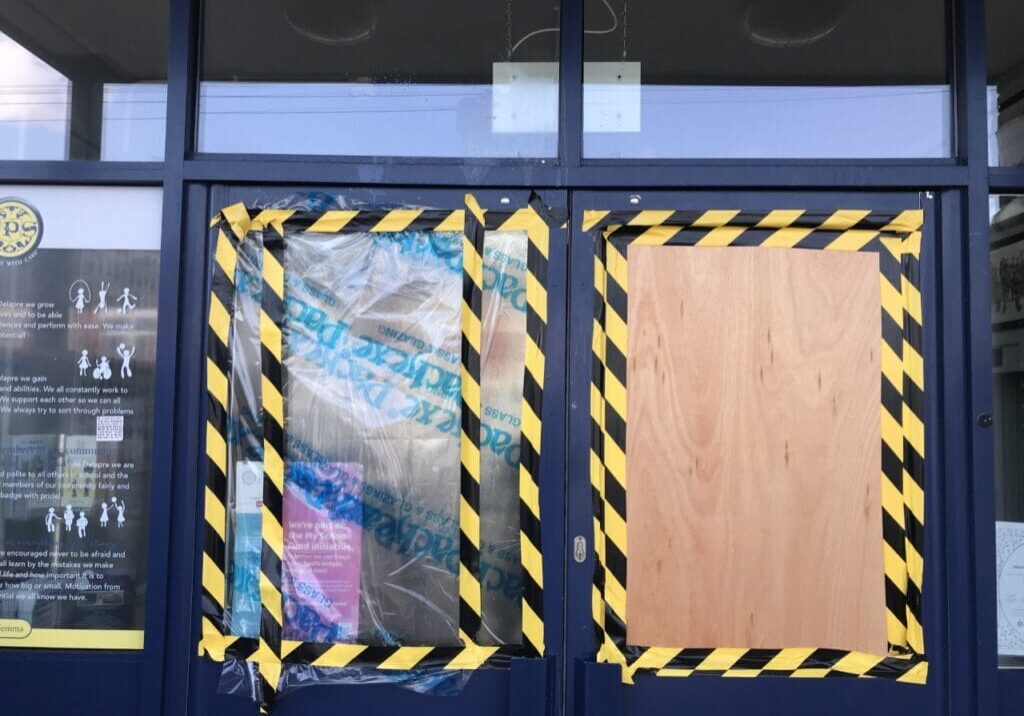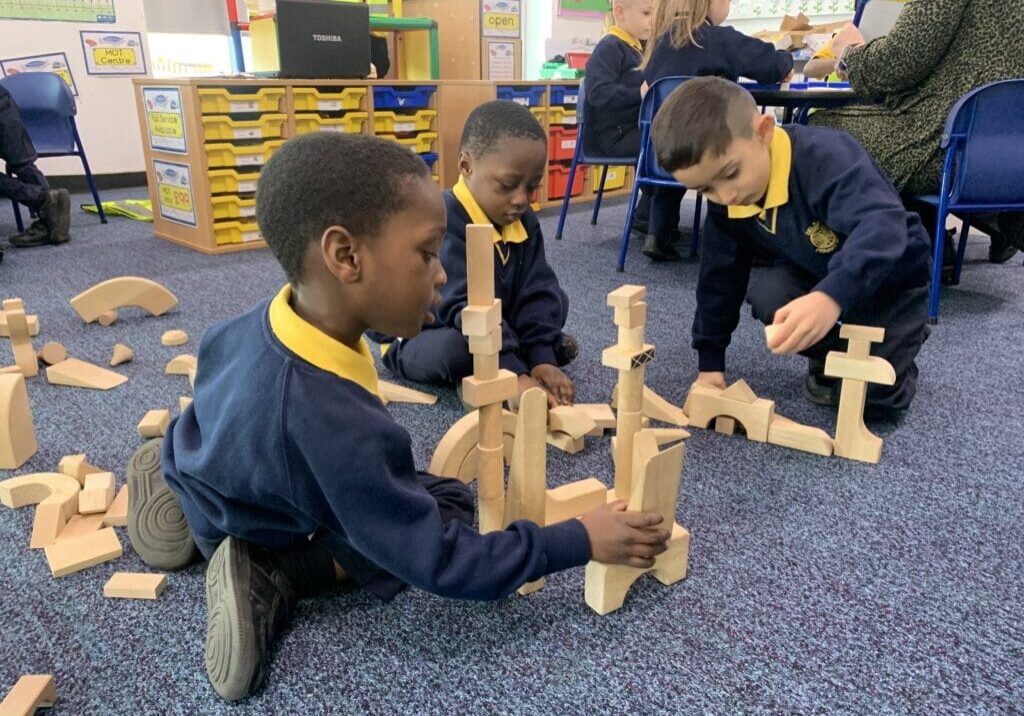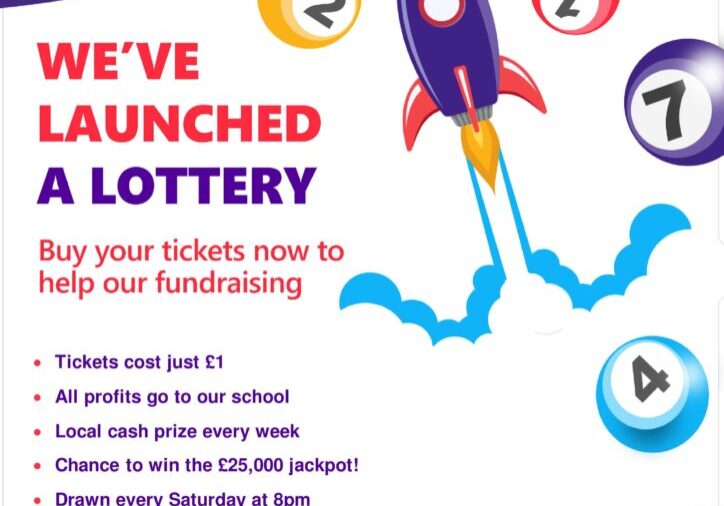Curriculum Drivers
Our curriculum puts the child at the centre of our purposeful, caring school. A school where positive relationships, based on mutual trust, kindness and respect are at the heart of everything we do.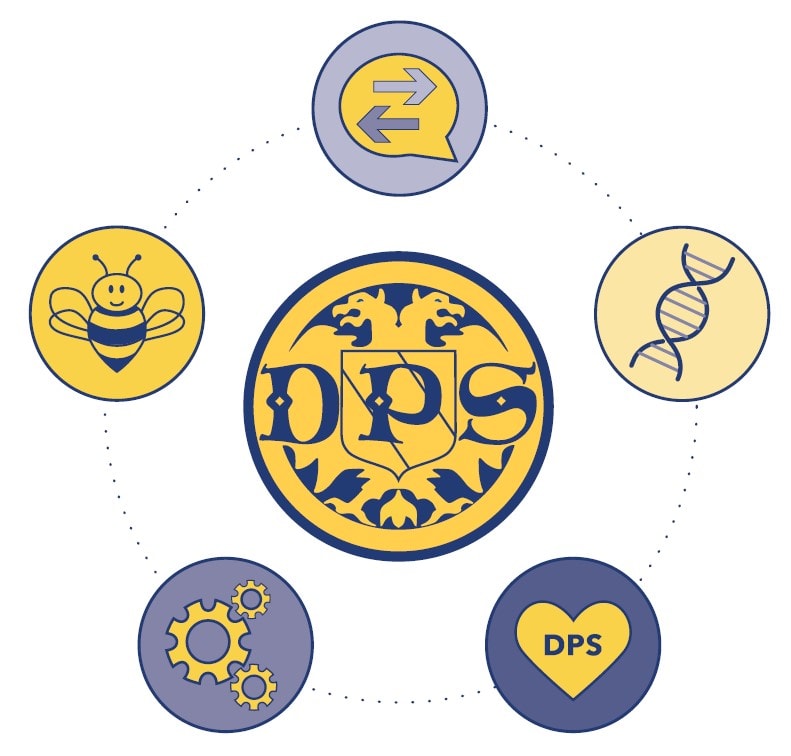
We recognise that a curriculum has to be broad, balanced and offer children opportunities to grow as individuals as well as learners. In addition, we also recognise that children should be challenged in their work; learning from failures and celebrating successes.
The curriculum at Delapre Primary School has been designed to take account of the legal requirements of the Early Years Foundation Stage Curriculum and the Primary National Curriculum. It exposes our children to enriching experiences, immersing them in progressive knowledge and skills; equipping them with personal characteristics required to succeed in life. We intend to offer our children new and exciting experiences through extra-curricular activities that are designed to build resilience, confidence and self-esteem.
The key principles behind the design of our curriculum are for our children to:
- be hardworking – driven to achieve their best
- be resilient – able to bounce back from mistakes and challenges
- be thoughtful – considerate of their own and others’ feelings as well as the world around them
- be knowledgeable – have the understanding to achieve academically and socially
- be communicators – ability to convey information and thoughts confidently and clearly to the chosen audience
We believe these key principles underpin what every child needs to be successful, including being well prepared for transition points both within Delapre and then onwards into Secondary School.
If you would like any further information regarding the curriculum at Delapre Primary School, please contact the school by emailing enquiries@delapre.northants.sch.uk. Your email will be passed on to the most appropriate member of staff to help with your enquiry,
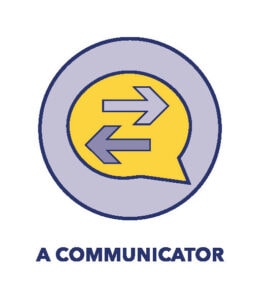 At Delapre, many children will start school with limited speech and language skills. Children may not be able to speak in sentences, ask questions or respond appropriately in different situations. The skills required to be an effective communicator simply may not be present. We understand that the ability to communicate effectively is vital, and the better we are at it, the better our quality of life will be.
At Delapre, many children will start school with limited speech and language skills. Children may not be able to speak in sentences, ask questions or respond appropriately in different situations. The skills required to be an effective communicator simply may not be present. We understand that the ability to communicate effectively is vital, and the better we are at it, the better our quality of life will be.
We recognise that an effective communicator will need many skills. They must be able to actively listen not just listening to the words being said but being able to comprehend the ideas being communicated. They need to have empathy, being able to see something from another’s point of view, often ignoring their own biases and/or judgement.
To be a good communicator means to be able to convey information in a skilled way. When children leave Delapre Primary School we would like them to be confident individuals who can get their message across to their audience clearly and precisely. This may be through oral communication, through information technology, writing, art, dance, drama or any other form of non-verbal communication. We want our children to understand that to be a communicator, it is not always about talking. Our curriculum gives children the opportunities to explore the different ways in which they can communicate to others and how to express themselves accurately and appropriately to their audience.
We know that reading plays such an important part in helping to improve communication proficiency; it develops language acquisition and introduces a range of vocabulary, helping communicate with ease and clarity. We also know that a child who is a good communicator verbally, will often find it easier to produce written communications, and is subsequently likely to perform better in many aspects of school life. It is well known that poor communication can be a major factor behind children lacking in motivation and perform poorly.
We have 40 different languages spoken across the school. We appoint ‘Delapre Super Interpreters’ to further exploit our need for effective communicators.
As the children progress through our school, they will develop the skills to successfully and purposefully communicate and collaborate with a diverse range of people from all cultures and backgrounds. The benefits of fostering such relationships enables the children to freely discuss thoughts and ideas and create an open environment in which questions can be asked without the risk of being judged or humiliated.
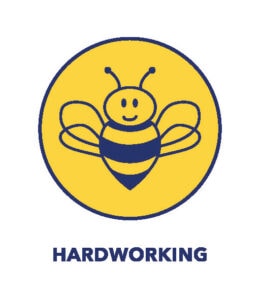 To be Hardworking is not the idea of making children hard and tough, callousing their hands and emotions. Hardworking is about building their self-confidence and self-image to pursue their dreams, achieve the goals they set out to achieve, and to have the chance to continuing to “stay the course” even when something is difficult. Teaching children hard work and determination takes offering them chances to try new things, encouraging them through their hard work, helping them “troubleshoot” when they hit a speed bump, and offering specific and effort-oriented praise instead of only results-oriented praise.
To be Hardworking is not the idea of making children hard and tough, callousing their hands and emotions. Hardworking is about building their self-confidence and self-image to pursue their dreams, achieve the goals they set out to achieve, and to have the chance to continuing to “stay the course” even when something is difficult. Teaching children hard work and determination takes offering them chances to try new things, encouraging them through their hard work, helping them “troubleshoot” when they hit a speed bump, and offering specific and effort-oriented praise instead of only results-oriented praise.
At Delapre, we understand that we’re not just teaching children academics that will translate into careers; we are teaching lifelong lessons that will help shape the responsible citizens of tomorrow. That is why we feel it’s important to integrate this value into our curriculum.
What does Hardworking look like across our Curriculum?
In EYFS, children are encouraged, with positive praise, to make good choices and work hard. They have opportunities to explore the ‘grown-up’ world, role-playing as people who help us and people in our world who have done great things. They are encouraged to be as independent as possible and to give things a try. In KS1, children are introduced to key role-models both in the locality and internationally. They are given examples of what hard work looks like and are guided in what to do to reach those high standards. High expectations underpin the emphasis on children pushing and challenging themselves. Children organise exhibitions of their learning so that they can share their success with others. This achievement is celebrated widely, with a range of audiences. Children are becoming familiar with accomplishments (past/present) of international significance across the curriculum and they are using these to become more motivated and independent in their approach to learning.
Delapre Primary School children are aware of their potential and are determined to fulfil it. They understand the limitations that have been placed on others in the past, but they will not let that deter them. They have opportunity to discuss careers and possibilities that come later in life to help them to identify an ambitious path. They are taught life-long study skills. They use sophisticated vocabulary and understand that they need to work hard to achieve their goal.
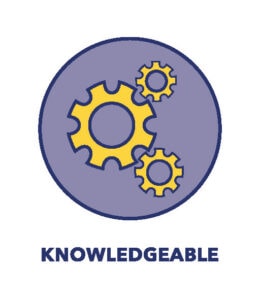 To be Knowledgeable defines how we teach and what we teach to our pupils. How we teach is reflected in the hard work we promote across all areas of the curriculum to ensure that the children store information in their long-term memory. The way our lessons our planned and delivered reflects the importance of retrieval and the carefully sequenced steps we take towards predefined end points in each subject. Our children understand the considerable value of knowledge and apply it to their learning. They work hard to remember what has been taught and use that to deepen their understanding across the curriculum.
To be Knowledgeable defines how we teach and what we teach to our pupils. How we teach is reflected in the hard work we promote across all areas of the curriculum to ensure that the children store information in their long-term memory. The way our lessons our planned and delivered reflects the importance of retrieval and the carefully sequenced steps we take towards predefined end points in each subject. Our children understand the considerable value of knowledge and apply it to their learning. They work hard to remember what has been taught and use that to deepen their understanding across the curriculum.
What we teach to the children relates to their everyday lives, their homes, families, other people, the local environment and community, and the wider world. Our subject leaders have carefully identified key pieces of knowledge that should be retained over time. An essential element of being ‘knowledgeable’ is the development of a broad and rich vocabulary, and the ambitious and explicit teaching of this. The vocabulary content of the Curriculum has been planned with the purpose of addressing the ‘word gap’ for children who enter school with a limited vocabulary.
What does knowledgeable look like across the curriculum?
In EYFS, children are taught well and their knowledge will increase as a result. They apply this to their child-led learning opportunities, especially when reading. They enjoy knowing more and take pleasure from getting things right. In KS1, the children are exposed to an increasing amount of knowledge. This is prioritised to ensure there is a good foundational understanding of concepts. This subject-specific knowledge is shared with the children and they use a range of retrieval and learning review techniques to encourage the remembering of this powerful knowledge. In KS2, children use their existing knowledge to support them in ascertaining more. They begin to make links to prior learning and have a deeper understanding of concepts from within the curriculum. They are becoming increasingly familiar with retrieval activities that strengthen their ability to recall powerful knowledge. Children love being quizzed and enjoy being able to answer questions about their curriculum.
By the upper KS2, the children make connections between the knowledge that they have ascertained throughout their time at school. They build an increasingly vast schema which supports them in making sense of the world. Children have a thirst for knowledge and retain the vast majority of taught content. This means that they are able to deepen their understanding of big concepts across our curriculum.
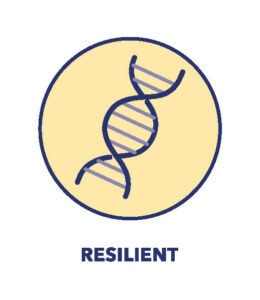 Being resilient means having the skills and resources to deal with everyday challenges and barriers. An important part of resilience is being able to persevere. It is a measure of just how much you want something and how much you are willing and able, to overcome obstacles to get it. Resilience is also the ability to adapt and grow following adversity, therefore building on your emotional strength.
Being resilient means having the skills and resources to deal with everyday challenges and barriers. An important part of resilience is being able to persevere. It is a measure of just how much you want something and how much you are willing and able, to overcome obstacles to get it. Resilience is also the ability to adapt and grow following adversity, therefore building on your emotional strength.
What does Resilience look like across the Curriculum?
At Delapre we aim to develop the emotional and physical security and strength needed for children to become resilient individuals. Individuals who can take risks and deal with different challenges across the curriculum and in the wider world by thinking critically, positively and having the confidence to ‘have a go’.
We encourage, through our teaching, the development of problem-solving skills without giving up and for children to learn from their mistakes. Developing the skills to work independently and become resourceful will be key to this. Resilience for our children means knowing how to bounce back when challenges arise.
In EYFS our children are involved in activities designed to encourage them to explore their surroundings. They are given opportunities to use materials to solve problems.
KS1 children are taught how to look for ways that they can improve their work. They know that a first attempt often will not be the best attempt. They are provided with time to edit, improve and correct their work and to learn from mistakes they make. Using White Rose Maths, our KS1 children will be begin to develop their problem solving skills and reasoning skills. They will look towards inspirational people like Rosa Parks and Emily Davison, who demonstrated great resilience in pursuit of their goals.
KS2 children learn strategies to self-check their work. They reflect on their successes but also identify ways to improve. The children act upon these improvements to produce higher quality work. They learn life skills and tackle big issues. They continue to closely study significant individuals and the contributions they have made, including Katherine Johnson’s contribution to space travel. The children are encouraged to reflect on their learning to identify strengths and areas to develop i.e. the process we follow in design which ensures the children develop their work by reflecting and improving.
Digital Resilience
An important thread that runs through the curriculum is to equip the children to become digitally resilient in an ever-changing technological world. For our children, being digitally resilient means:
- Understanding that there are some risks online, and that these come in different forms, from fake news to being tempted to behave in ways they might later regret.
- When they encounter risks, or when something difficult or unpleasant happens, they know where to turn for help and can think critically.
- They can learn from their experiences.
- They can recover from any difficulties or upsets.
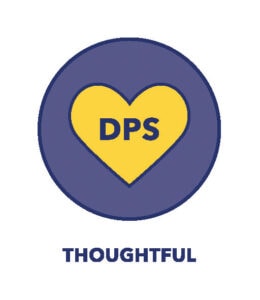 To be thoughtful is showing consideration for the needs of other people, the needs of other living things and the needs of our planet.
To be thoughtful is showing consideration for the needs of other people, the needs of other living things and the needs of our planet.
At Delapre we explore all facets of this throughout our curriculum. We believe that our curriculum will enable the children to develop the emotional understanding necessary to experience positive relationships, to develop a sense of justice and an ability to empathise, which in turn will lead to respect for themselves and each other. We want our children to be thoughtful about social barriers (Gender, Race, Religion, Class) and how to overcome/challenge them. This comes through understanding, appreciating and celebrating difference. We believe our children need to develop a sense of community, local, national and international; to understand what it means to belong to a community and the importance of making a positive contribution.
We want the children to be thinking about their impact on the environment and how that affects all living things on our planet. We also want our children to think about their own health both physical and mental.
What does Thoughtful look like across our curriculum?
We develop children’s social and emotional skills to enable them to play kindly, to share and to understand how our actions affect other people both positively and negatively. We develop their communication skills so that they can form good relationships with their peers and adults working at the school. We help children understand that thoughtful people don't just think about themselves. They think about others too. We help children understand that as a thoughtful person, you do things that are useful for other people, as well as yourself e.g. Instead of asking "What can I get out of this?" they ask "What can we get out of this?".
Children continue to build up their understanding of what thoughtful looks like in different settings. We develop children’s ‘thoughtfulness’ to include the whole school community and the local community.
Throughout the school, children learn how to be thoughtful by watching others, by practicing gratitude and reflecting upon who has helped them, by discussing morality, by exploring what it means to treat others with respect and being noticed when they are kind and considerate.

